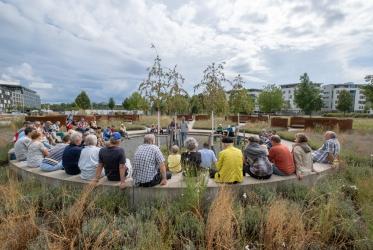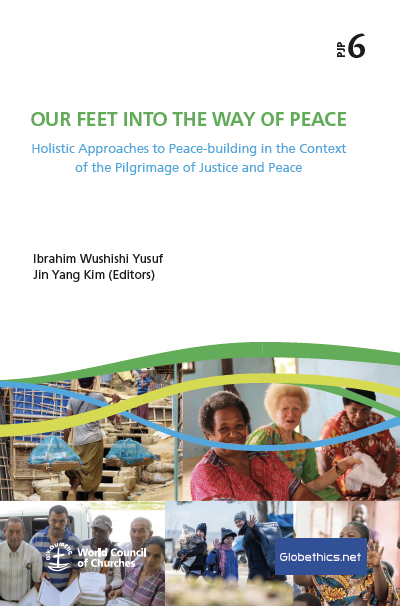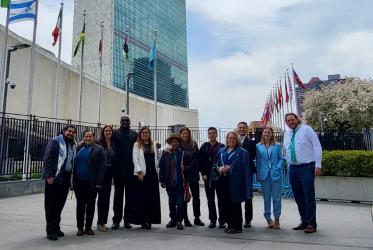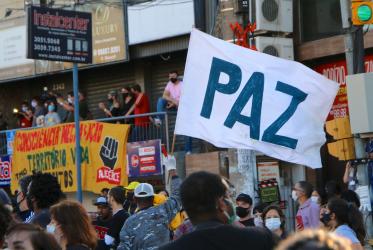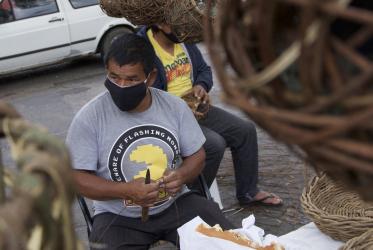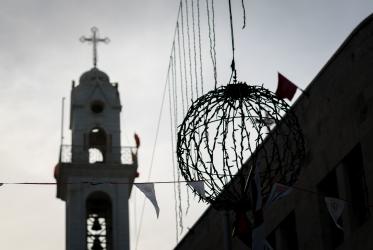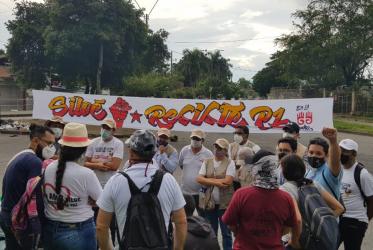Displaying 21 - 40 of 118
15 September 2022
Our Feet into the Way of Peace: PJP Series 6
Holistic Approaches to Peace-building in the Context of the Pilgrimage of Justice and Peace
19 August 2022
How racism and colonialism are exacerbating impacts of climate change
29 September 2021
“Remembering Past Massacres” webinar will focus on Latin America
16 September 2021
